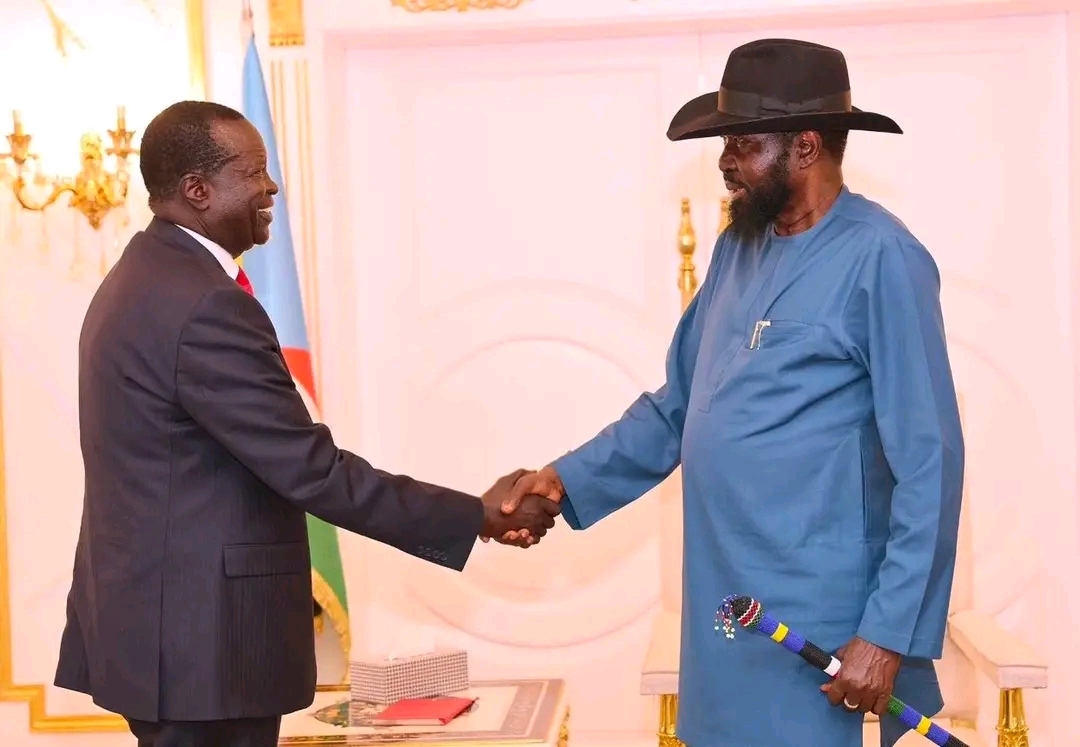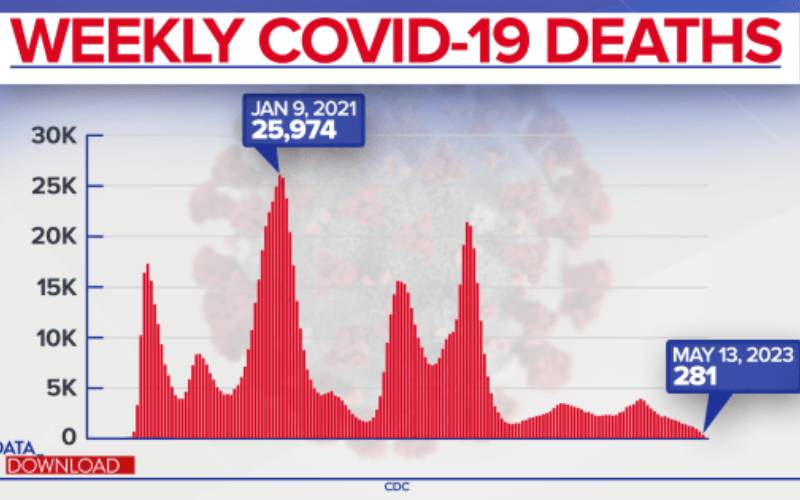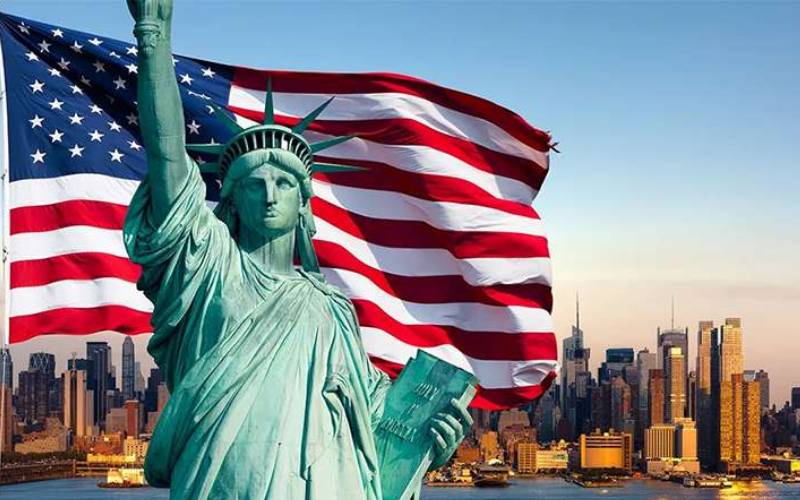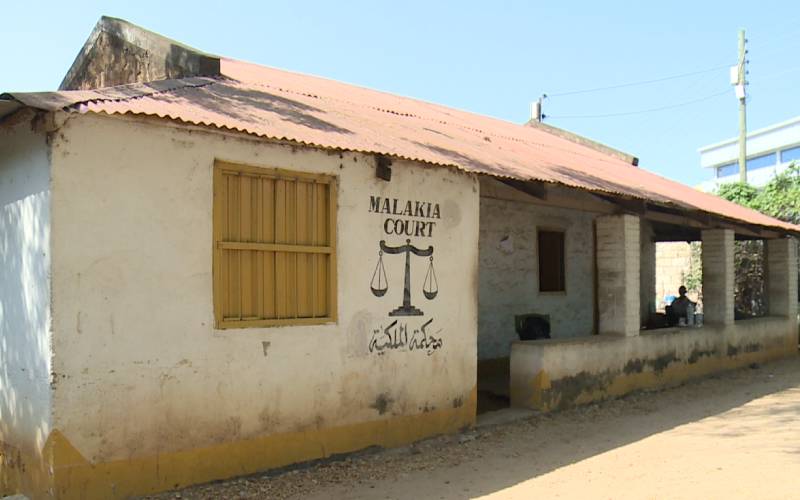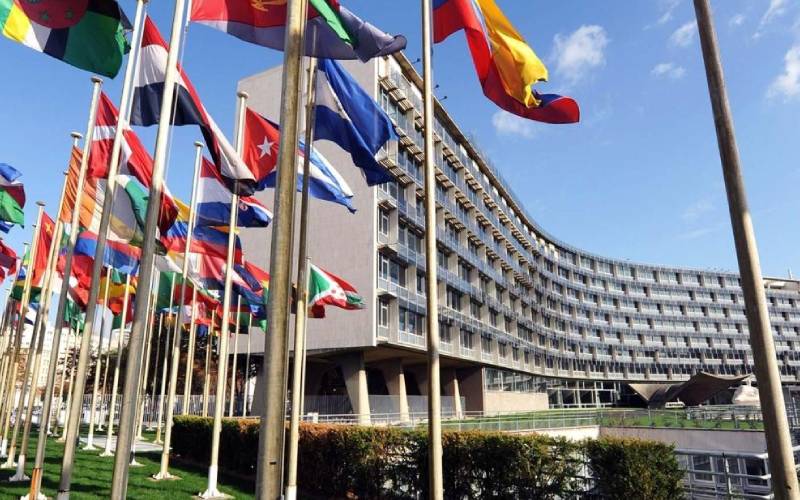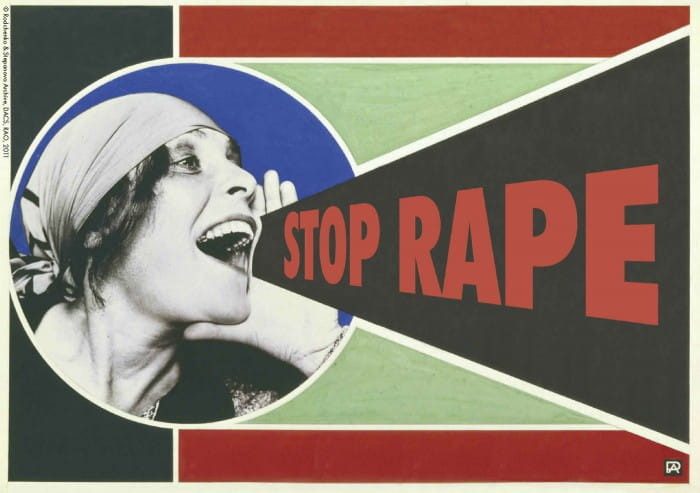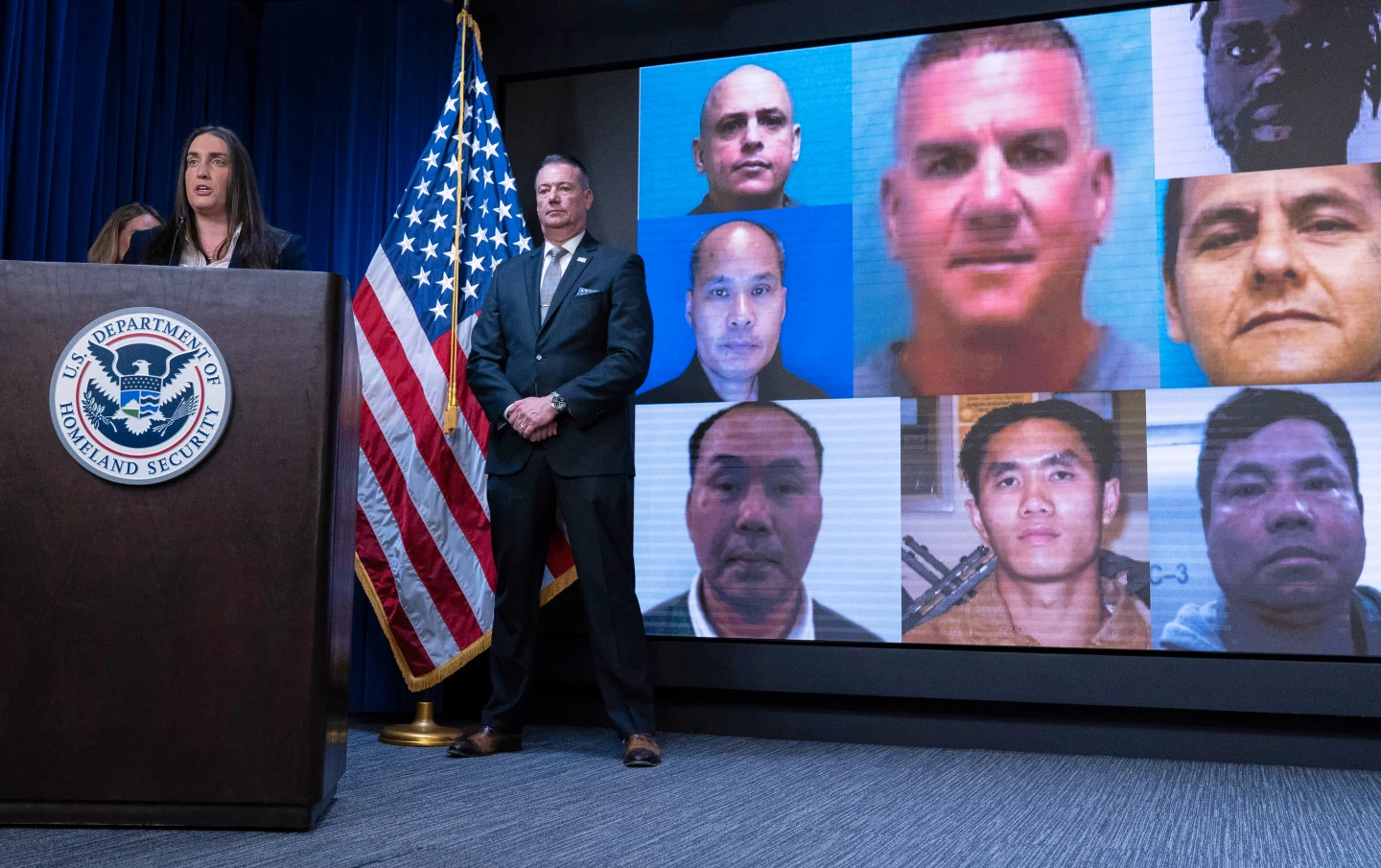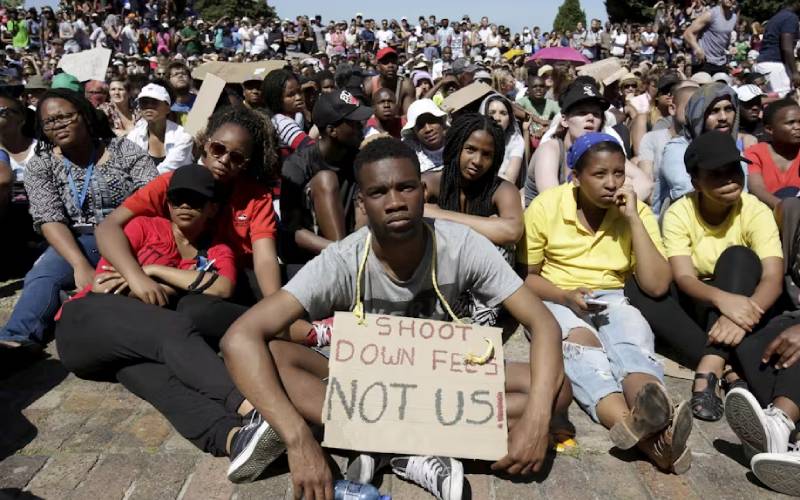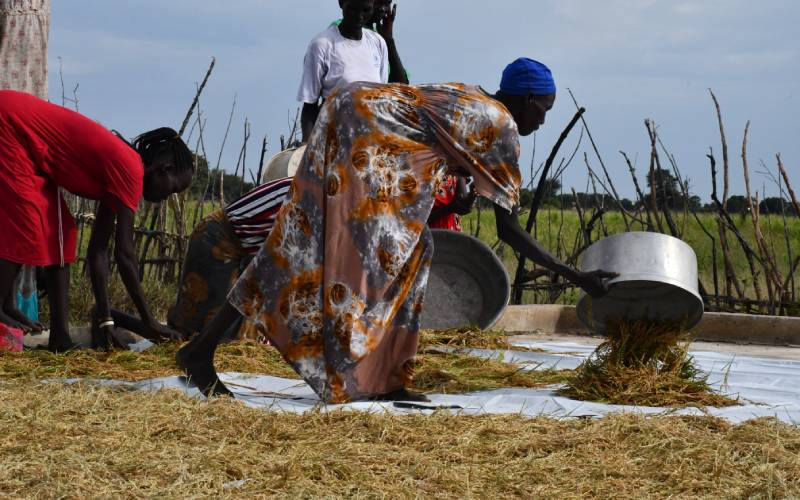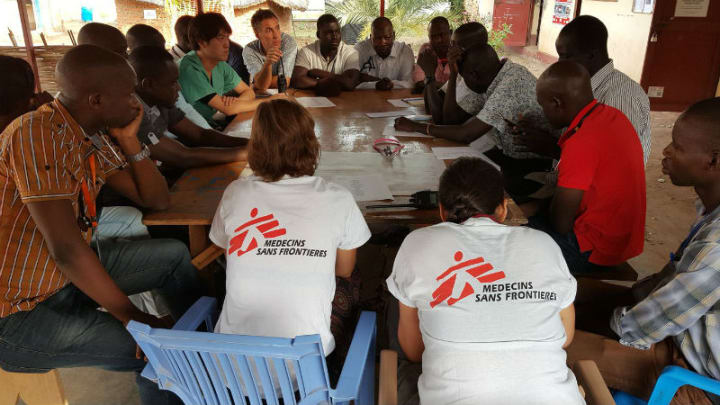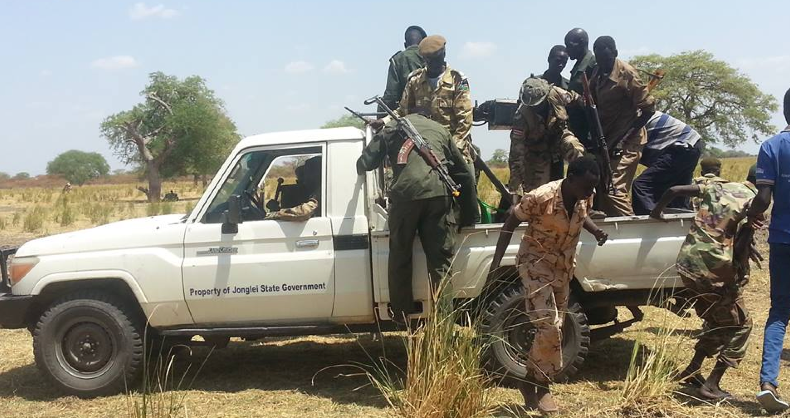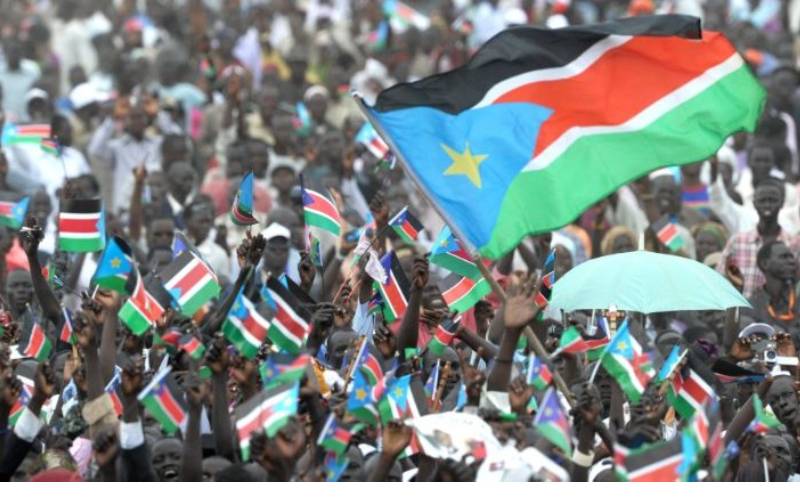The Revitalised Agreement on the Resolution of the Conflict in South Sudan, R-ARCSS, was signed in 2018 to end the civil war and foster trust building among parties such as the Sudan People’s Liberation Movement-In Government, SPLM-IG, Sudan People’s Liberation Movement-In Opposition, SPLM-IO and South Sudan Opposition Alliance (SSOA).
The agreement has numerous chapters which must first be implemented before the country goes to polls. However, Chapter Two of the agreement, which entails training and deployment of unified forces to protect the civilians and their property, has yet to been fully implemented.
After the conflict in Nasir in February, some SPLA-IO forces detached from the South Sudan People’s Defense Forces (SSPDF), spilling violence over to neighbouring states. South Sudanese President Salva Kiir Mayardit has often spoken that the 2018 peace agreement was designed not to be implemented citing its complexity. Meanwhile, Kiir has solemnly vowed not to return the world's youngest nation to war.
Edmund Yakani, Activist and Executive Director of Community Empowerment for Progress Organisation, CEPO, has termed the problem of South Sudan as a trust deficit among the parties signatory to the agreement.
“The political trust and confidence among the political parties that are signatory to the R-ARCSSS is really below expectation, and this has made them drag their feet in implementing the political transition for a longer period, over six years,” Yakani stated in a press statement extended to this outlet.
South Sudan has yet to hold elections since its secession from Sudan in 2011. The transitional period has been extended at least three times since the peace agreement was signed in 2018.
On February 22, 2025, the transitional period was extended to February 22, 2027. The decision was alleged that it would leave room for the pending tasks of the agreement to be inplemented.
This means that election which is the last item of the 2018 agreement will take place in December 2026.
The activist calls for elites to convene a conference and pursue compromise for the country to go for elections.
“We are taking this opportunity to appeal to our political leaders that for successful transition to take place in South Sudan, it requires heavy political compromises,” Yakani stated.
“One of the things that we are appealing for as a civil society and CEPO in particular is to advocate for rolling out of conference between our religious leaders and political leaders," he adds.
Tribal conflict
South Sudan has witnessed a resurgence of violence in recent months implanting panic that the 2018 peace agreement would collapse. Government soldiers and armed civilians called the White army backed up by SPLA-IO fought in Nasir, Ulang, Tonga and other parts of South Sudan. On March 4, 2025; the white army captured Nasir as SSPDF Soldiers including a General were trapped in a military tank.
On March 7, 2025; the white army, a militia group loyal to the First Vice President Riek Machar Teny attacked a UN Helicopter on an evacuation mission in Nasir leading to the killing of Gen David Majur Dak, a UN Pilot and other soldiers who were trapped in the military tanks at Wech-Yar-adiew barracks in Nasir.
The attack came after Machar offered an assurance of a safe evacuation to the United Nations Mission in South Sudan (UNMISS). The UN Security Council warned that the atrocities committed in Nasir could amount to war crimes under the international law.
Some SPLM/A-IO officials including the former SSPDF Deputy Chief of Staff Duop Lam, Minister of Petroleum Puot Kang Chol and the First Vice President Riek Machar have remained in detention. The government claims they will be produced before a competent court of law over charges of instigating violence in Nasir and other parts of South Sudan but the process has so far delayed.
The conflict has so far spilled over to Jonglei, Central Equatoria, Western Equatoria, and Unity States among other states. President Salva Kiir Mayardit upon meeting the governors of Jonglei, Warrap and Upper Nile States, assured the governors of his commitment towards peace and stability.
“President Salva Kiir Mayardit has reaffirmed his government's unwavering commitment to the realization of durable peace and stability across South Sudan,” a social media statement from the office of President Kiir reads.
Kiir tasks citizens to adhere to dialogue as the only viable means of solving differences to pave the way for national healing and reconciliation.
The governor of Upper Nile State James Koang Chol reported to the president that calm has returned to Upper Nile State. Chol stated that humanitarian assistance supplied to civilians who escaped violence in Ulang and Nasir was helpful adding that some civilians are returning home.
